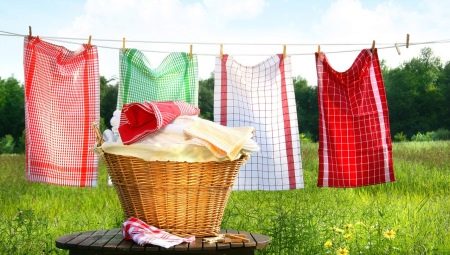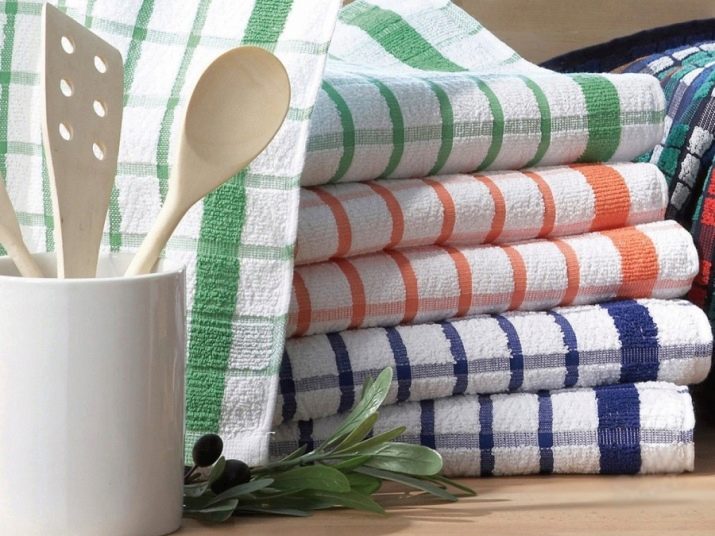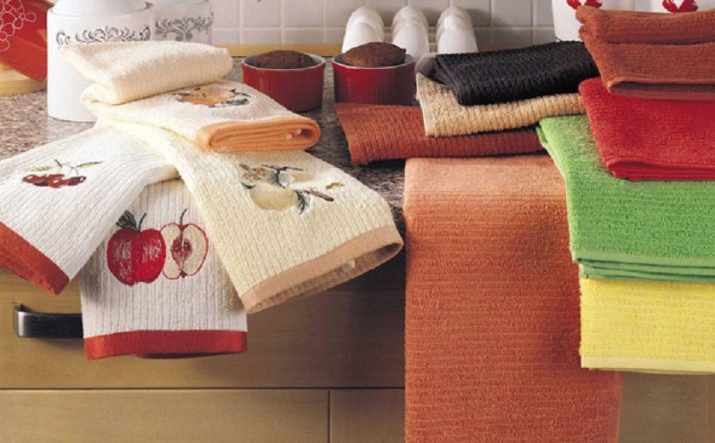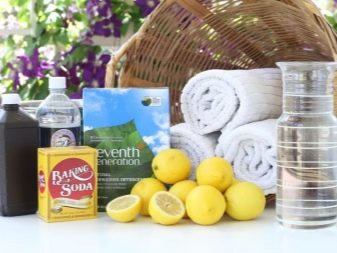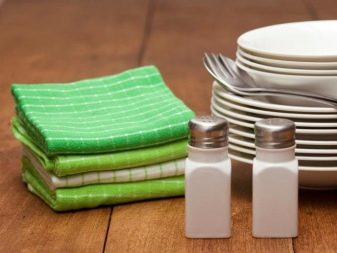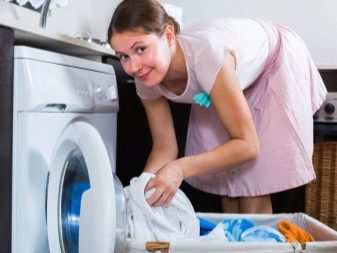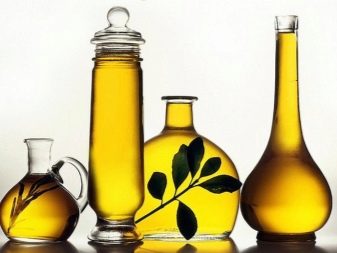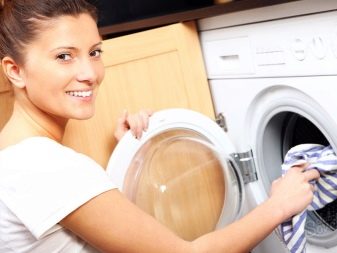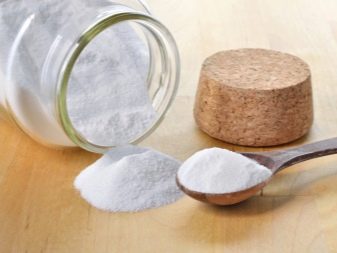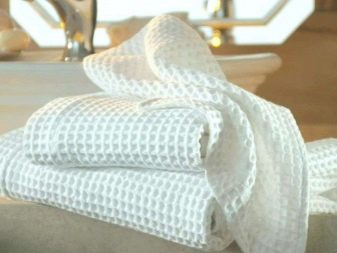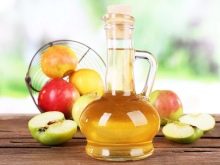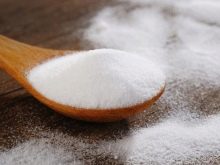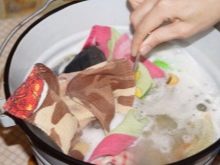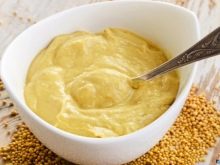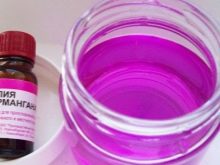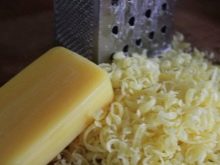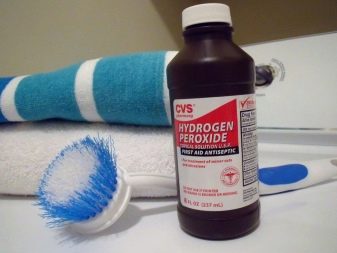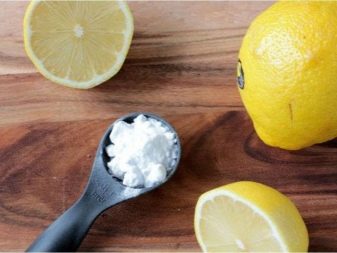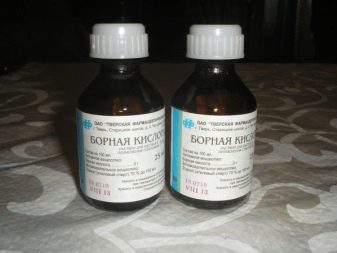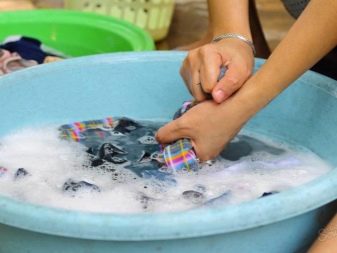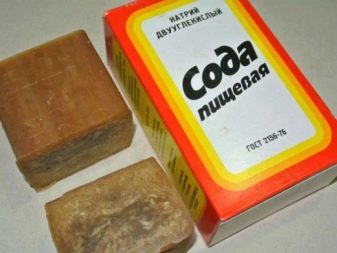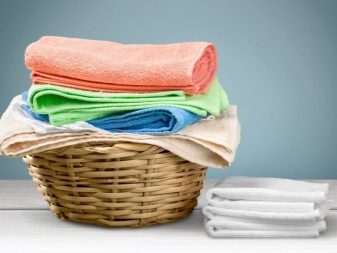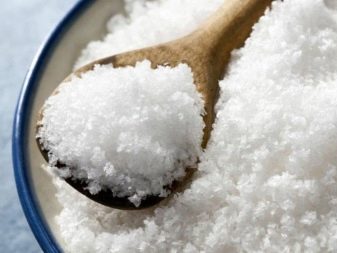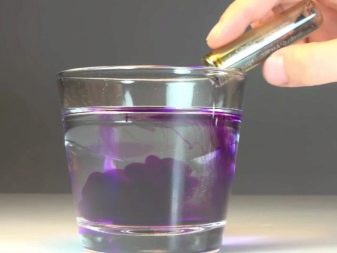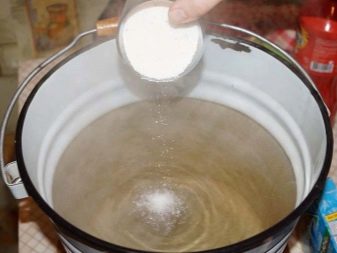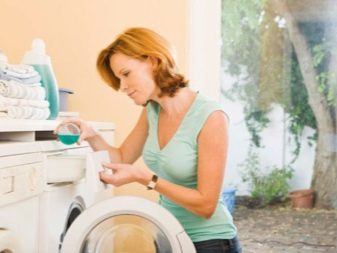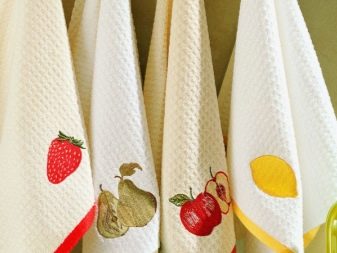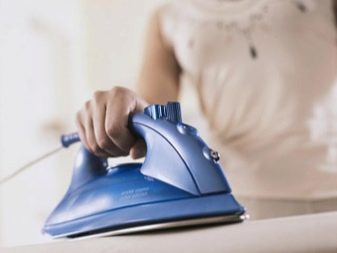As the kitchen is judged on the owner of the house. So there are no minor details in this area. A sign of order or lack of it is the state of the towels used in cooking and dishwashing. But to keep them in perfect condition, you have to work hard.
How often should wash?
Much in this matter depends on how actively and carefully used towels in everyday life. No one can forbid washing them even every day, but it should be reasonably assessed how justified this is. Frequent washing also leads to the fact that these kitchen utensils lose their well-groomed appearance.
If you use towels carefully, to maintain external cleanliness and to avoid the growth of microbes in them, it is better to start washing once a week. And if stains have already appeared or the material has absorbed the smell of food, burning, you should not postpone cleaning.
Facilities
For effective removal of pollution, both the achievements of the chemical industry and proven folk recipes are used.
To make kitchen textiles clean will allow vegetable oil, soda, mustard, salt, potassium permanganate, laundry soap. Useful in this case, and hydrogen peroxide. You can use white and even shampoo with which we wash our heads.
Ways
The easiest is to wash things in an activator type machine or in a typewriter machine.
Colored towels should be washed separately from whites. For them it is necessary to choose a mode with a temperature of 40 degrees. White can be processed at a higher temperature - up to 95 degrees.
Do not neglect washing by hand. It is better to use the appropriate powder. Perfectly fit and laundry soapwhich is very effective when things get very dirty.
It is good to wash them even in a microwave. It is necessary to wet the cloth, rub it with soap, wrap it in a plastic bag, put it in the oven and turn it on for half a minute.
Eliminate stains
Sometimes the usual washing is not enough to achieve a good effect. This happens when difficult-to-remove stains are eaten into the material during cooking. These can be traces of fruit and vegetable juice, oil stains and even blood.
Fat
Wash greasy fabrics allow ordinary vegetable oil. For a few liters of hot water you need to take one or 2 tablespoons of bleach, 10 - washing powder and 3 - any vegetable oil. In boiling water with these additives, lower textiles. Leave them there for a while until the water has cooled. Rinse.
You can try a similar method - in a saucepan or a bucket, which usually boil clothes, pour 5 liters of water, heat, pour one and a half tablespoons of dry bleach, half a cup of laundry powder and a little oil. Here the towels boil for 60 minutes, wait until the fat traces completely disappear, and rinse.
You can also pour half a glass of powder into a deep pan and add as much oil. Pour boiling water. Put the soiled things into it, press it down with a heavy object. The next day scroll in the machine.
Another option is to pour 50 grams of laundry powder, 30 grams of soda, 20 grams of dry bleach and one tablespoon of vegetable oil into a deep container. “Sweep” all this with very hot water, mix well and put towels in this liquid for a while until it cools.Then squeeze things and send in the wash. Grease spots should disappear completely.
There is an alternative method to solve the problem of fat traces. For three liters of water, take 3 tablespoons of soda and dish detergent. Place soiled kitchen textiles in the solution for an hour and then wash them in the usual manner.
Heavy pollution
It is good to wash very dirty towels at home will help simple tools available in any household.
For soaking convenient to use vinegar. This is an acid that can completely remove even old dirt. Add some substance to the hot water along with detergent and ammonia. Soak things and wait for a while, and then wash.
To return a well-groomed look to an old and heavily soiled kitchen towel, you can use the usual baking soda. For things of bright colors, it is not suitable. But yellow or gray from time to time fabrics have a chance due to this substance to be updated.
Soda is used for soaking. Alkali works as a solvent for contaminants and kills harmful bacteria. In a container with water, you need to dissolve 70-90 grams of soda and put towels in it for a few hours, then just wash.
If the contamination is very strong, the soaking procedure in the soda should be repeated twice, and finally boil things in this composition.
For removing stains and weak whitening it is good to use mustard If a stain has just formed, it is this remedy that will be useful. Mustard is diluted with hot water until a creamy mass is formed. Then it is applied to places of pollution. If you need to lighten the fabric, blot it with the composition and wait a few hours.
To return to the old freshness of old towels use potassium permanganate. A few grains of powder are thrown into the water while soaking. Then things must be thoroughly rinsed and washed as usual.
Laundry soap there is in any house. And it is very effectively struggling with stains. They need to rub a dirty cloth and leave for a while to soak. Then rinse.
For the final achievement of the goal using a grater, make soap chips, dissolve in water and boil towels in it.
Blood stains will help eliminate hydrogen peroxide. Using a cotton pad, soak the peroxide contamination. The surface of the fabric should be covered in this place with foam. Wait a little. If necessary, repeat the procedure. Then wash the thing in the typewriter.
Effectively clean towels with citric acid. Use and juice, directly squeezed out of lemon, and a substance that is sold in bags.
The juice of one lemon or sour powder is dissolved in a glass of water. Blot it with a textile product, rub the spots. Put things in a plastic bag, tie up and forget about them for about three hours. Then just wash it.
To bleach towels use and boric acid. Textiles should be rubbed with laundry soap, put into a container with hot soapy water and pour three tablespoons of boric acid into it. After four hours of keeping things in this mixture, you need to wash them in the car.
Fruit and vegetable stains are sometimes difficult to remove from the fabric. Shampoo will become an ally in the fight against such a scourge. They need to process dirty footprints, stand for some time, and then wash the towel.
Removes tea or coffee stains from material. ammonia. Take ammonia and water at a ratio of 1: 1. Blot the dirty marks, and then wash the towel.
To easily whiten the cloth or remove traces from it, you can add grated soap and soda (soda) to the pan with water. After that, towels are dipped and boiled for a quarter of an hour. And finally, the products are washed with bleach.
If we talk about the use of modern bleaches and stain removers, practice shows that with a considerable price of household chemicals, its effectiveness is not always at its best.
Therefore, it is better to acquire funds, the effectiveness of which has already been tested, and use them strictly in accordance with the instructions.
Get rid of the smell
Often the problem lies not only in the traces that form on the towels, but also in the smell that eats into the material itself.
Effectively struggling with this problem is normal. salt. It is good to use when soaking. A tablespoon of salt is taken per liter of water. The volume of fluid depends on how many towels need to be soaked. Leave the products in the solution for several hours, rinse and wash.
If the towels are very dirty and smell unpleasant, you can leave them for a day in a bucket of water with the addition of funds "Mole". It is only necessary to turn the soaked cloth from time to time. It is enough to use half a bottle of the substance (with a container volume of 0.5 liters). Towels will become fresh and free from bad smell.
To get rid of the unpleasant odor, you can lather the fabric, and then dip it in a pale pink solution of potassium permanganate. Leave it for 8-10 hours. Then wash the product.
Secrets of softness
It is important that the kitchen towel should always be in front of home and guests not only in a clean and fragrant condition, but also be soft and pleasant to the touch. And the mistresses with experience know that after all the washing and drying procedures the fabric becomes tougher. A product made from such a material absorbs liquid worse. Holding it is not very pleasant.
To the towel does not lose softness, you can use liquid detergents instead of powder. Rinse things should be very carefully, so that they do not linger remnants of detergent components. Spin must take place at medium speed. Then there will be no strong friction of the fabric on the drum of the typewriter.
When washing white towels manually, add a little salt, soda or vinegar to the water during the rinse. To achieve softness will help and conditioner for linen.
In order to avoid the rigidity of the fabric is not recommended to dry towels on a radiator.
Useful tips
So that towels are your helpers in the kitchen and do not lose their attractive appearance as long as possible, follow the simple rules to use them:
- To wipe your hands when cooking, it is better to take products from colored and dark fabric. Traces on them will not be so noticeable.
- If your hands are greasy, it is better to wash them first, and not to wipe them in a hurry on the fabric. It is even easier to get a paper towel and use it for such a thing.
- The cook in circulation must have several towels at the same time. Some - for drying wet palms, others - to cover the pastries, and so on.
- Do not use terry products in kitchen matters. They instantly get dirty and lose their visual appeal.
- Do not use a towel to wipe the table and as a tack.
- The thing on which you put the stain, it is better not to leave in sight, and immediately throw in the laundry basket to quickly wash.
- Towels last longer if they are cleaned regularly. Do not save such things before the big wash. The longer they lie in the basket, the deeper the stains penetrate them.
- Towels should be washed before boiling. Otherwise, the spots will only stick to the fabric.
- Towels with traces of fruit and berries should be boiled with bleach containing chlorine.
- After washing, be sure to iron the kitchen towels with an iron. This is an additional protection against germs.
For more tips on how to whiten kitchen towels, see the next video.
